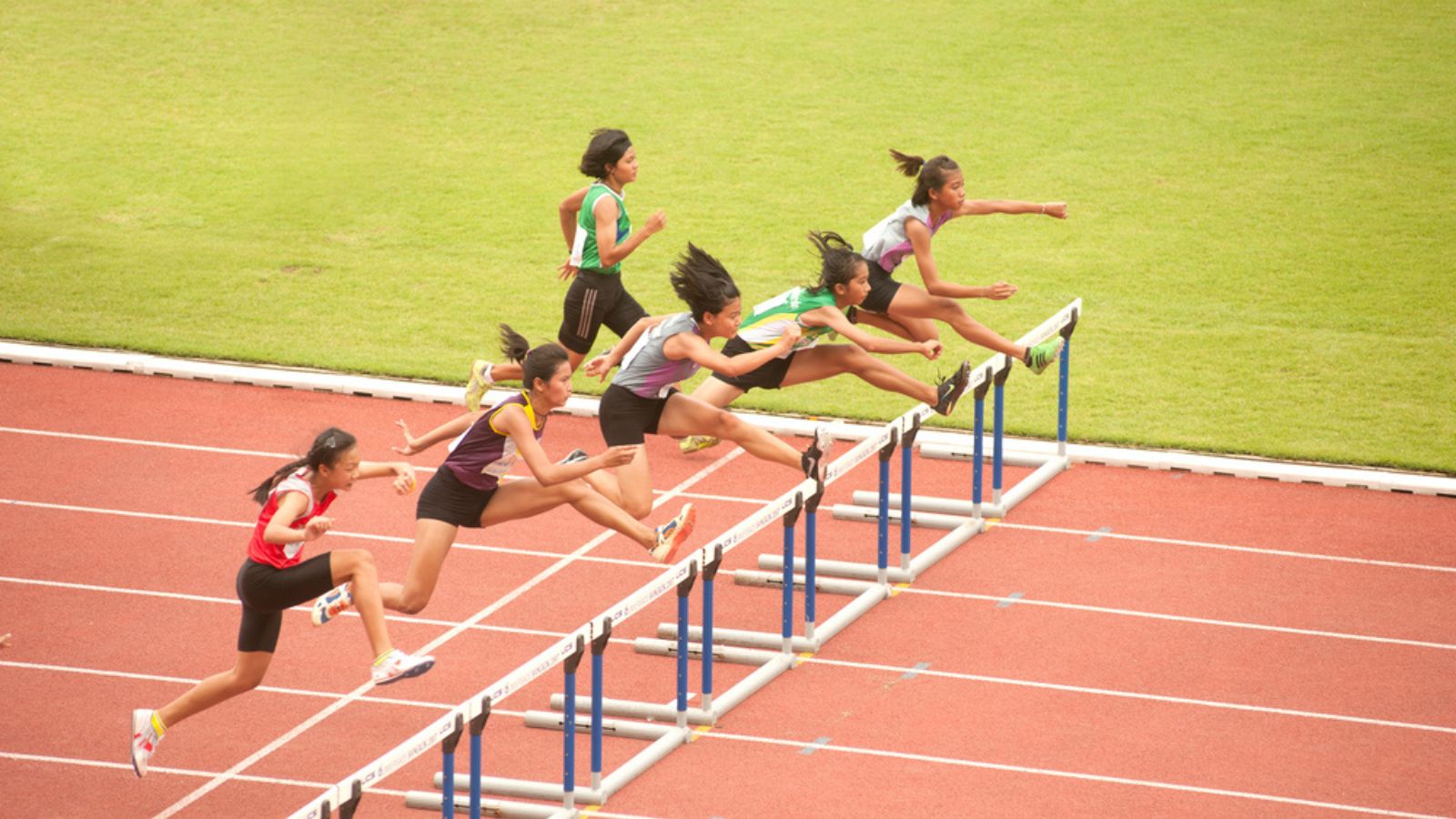In a recent track and field event at the North Coast Meet of Champions in California, tensions surrounding transgender athletes participating in women’s sports were brought to the forefront. Adeline Johnson, a talented high school runner from Branson High School, expressed her frustrations following a fourth-place finish in the 1600-meter race, ultimately resulting in her exclusion from the state championships. The incident was captured in an Independent Council on Women’s Sports video.
Trans athlete’s victory dashes Adeline’s championship hopes
During the race, Adeline Johnson competed against Trans athlete Athena Ryan of Sonoma Academy, who secured second place. Adeline, visibly disappointed, can be seen giving a thumbs-down gesture in the video, expressing her dissatisfaction with the outcome. The presence of a transgender athlete like Ryan in the race meant that Adeline’s chances of advancing to the state championships were thwarted. Interestingly, had Ryan participated in the male division, he would have finished last.
An ongoing topic of ‘debate’ and ‘concern
The controversy surrounding transgender athletes and their participation in women’s sports has been a topic of debate and concern. During the track meet, protestors with signs advocating for the protection of female sports were present. But, they were later removed from the stadium after a security clash, as the Daily Mail reported.
Videos capturing altercations between supporters of women’s sports and trans activists and security personnel were shared on social media platforms, including one by an account called Women Are Real. These incidents further illustrate the polarizing nature of the issue and the passionate opinions held by various stakeholders.
CIF opens the door for trans athletes to compete where they want

The California Interscholastic Federation (CIF) has guidelines regarding transgender participation in sports. The rules state that all students should be allowed to participate in CIF athletics and activities consistent with their gender identity. Athletes can compete in programs aligned with their gender identity or the gender they most consistently express.
Striking a balance between ‘fairness’ and ‘inclusivity’ may not be possible
While the CIF’s stance aims to provide inclusivity for transgender students, it also raises concerns about fairness in competition, as seen in Adeline Johnson’s case. Critics argue that physiological differences between males and females give transgender athletes an inherent advantage, potentially impacting fair competition and the opportunities available to cisgender female athletes.
Women Sports Foundation expresses concern about disparities in physical attributes
External sources highlight the ongoing debate about including transgender athletes in women’s sports. The National Women’s Law Center argues that trans athletes should be allowed to participate based on their gender identity, promoting inclusivity and affirming the rights of transgender individuals. However, opponents, such as the Women’s Sports Foundation, express concerns regarding the potential disparities in physical attributes, highlighting the importance of finding a balanced approach that addresses inclusivity and fairness.
As the conversation continues, finding a resolution that accommodates the needs and aspirations of all athletes involved remains a significant challenge. Balancing inclusivity, fair competition, and the preservation of women’s sports will require ongoing dialogue, research, and careful consideration of the concerns and perspectives of all stakeholders.
Adeline’s thumbs-down gesture shines the light on ‘ongoing controversy’
Adeline Johnson’s thumbs-down gesture following her loss to a transgender athlete sheds light on the ongoing controversy surrounding the participation of transgender athletes in women’s sports. The incident highlights the need for further examination and discussion to ensure fairness while respecting the rights and identities of all athletes involved. As this topic evolves, finding a harmonious solution will be crucial for the future of women’s sports.


 Tags:
Tags:










